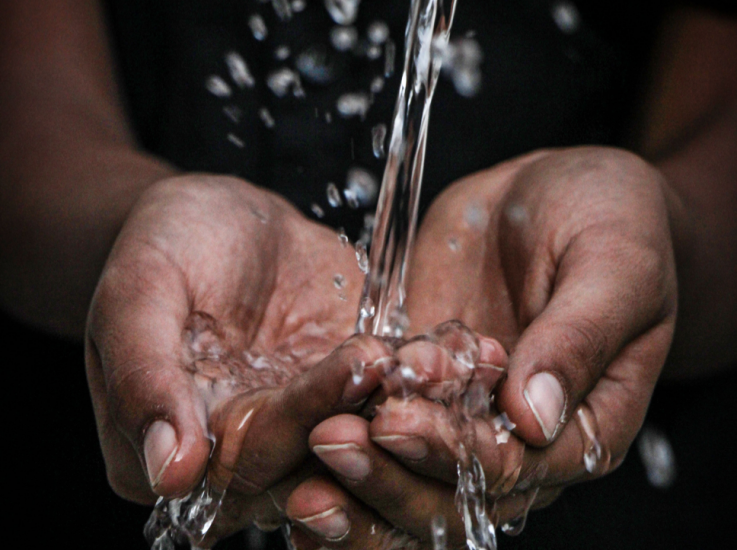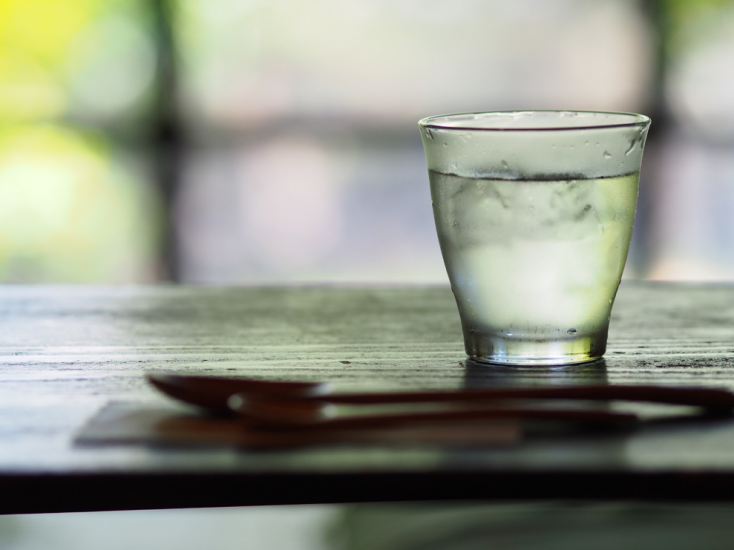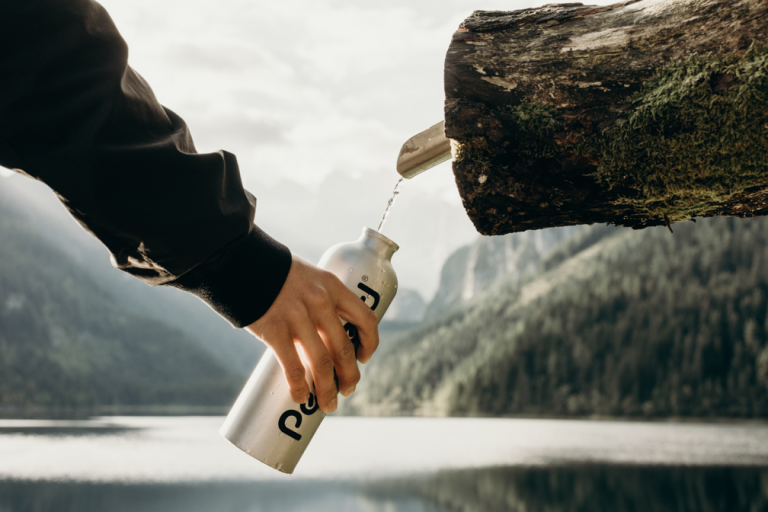Drinking Water Safely While Travelling Abroad

Posted on Fri 18 Jun 2021
Water is the lifeblood of our planet. With over 70 per cent of the Earth’s surface being covered by this transparent liquid, it’s no surprise we are so heavily reliant on it. It is perhaps the most consumed liquid around the world too, while also being one of the key ingredients in many other drinks. Here in the UK, we’re fortunate to have clean tap water for drinking and cheap bottled water available from shops and supermarkets. However, many countries across Europe and the rest of the world don’t have this luxury; therefore, when travelling to these locations, a little more caution is required.
It’s vital to stay hydrated when you’re abroad, as often you’ll be exploring, taking part in physical activities such as walking or biking or just enjoying the sunshine. In this article, we’ll be highlighting some of the best ways to ensure you hit your daily water consumption, to stay happy and healthy while exploring foreign lands!

Boiling Water
Not exactly an ideal solution if you need water there and then, however, if you’re staying in a hotel or hostel, why not prepare for the next day? Grab a kettle to boil some water for the following day as this can save you time and money on your travels. Boiling the water will kill all bacteria and pathogens, meaning that it is safe to drink; however, we’d suggest consuming the water within 24 hours.
Filtration
Filtrations devices and techniques have advanced rapidly over the last few years, allowing people to filter water immediately with little to no effort required. Filtration devices can be used for water from taps, along with lakes and rivers, and will do a suitable job at removing debris, bacteria and parasites; however, viruses may still slip through. Therefore, we’d suggest using this in combination with another method, such as boiling or treating chemically. There is a range of travel filter products available; many are bottles that incorporate the filter into the design. It’s worth noting that there are two different types of filtration water bottles. Cheaper products, such as Bobble bottles, are designed to remove odour and Chlorine from tap water; they do not work effectively as a filtration system.

Ultraviolet (UV) Radiation
Similar to filtration, this method should be used in conjunction with another technique here to ensure all viruses, bacteria, and other nasties are taken care of. There are many devices on the market; however, one of the most popular is the Steripen. A small, handheld device that can easily be stored in your bag, the Steripen uses UV to destroy bacteria and viruses, along with some parasite cysts. Typically, the device takes 90 seconds to sterilise a litre of water, meaning you can have safe drinking water instantly. It’s worth noting that this device will not be effective in cloudy water; therefore, we’d suggest using a filter first. Alternatively, you could use the device as a good way of ensuring tap water is safe to drink.
Disinfectants
There are a few popular disinfectant methods available, with one of the most popular being Chlorine Dioxide, such as Aquamira. This technique is very effective in killing bacteria, viruses and some parasite cysts; however, it does not kill Cyclospora. For this reason, we would suggest boiling any water you plan to use with Chlorine Dioxide first, then using the tablets afterwards.
Another method would be to use halogens, such as Chlorine. Chlorine differs from Chlorine Dioxide in its chemical makeup; therefore, you should pay close attention to which one you are using. Chlorine is commonly used in municipal water supplies, pools and other water sources across the world, and it is non-toxic.

Purification Tablets
Perfect for using with tap water in foreign countries, or using in combination with a filtration method, these Oasis NaDCC tablets are a simple and effective way to go. They contain sodium dichloroisocyanurate and can purify one litre of water per tablet. Whether you’re backpacking in Asia or have just booked on to our desert experience, these tablets will take up very little space in your bag, but will make a handy addition!
Note on Iodine tablets: although they have been popular in the past as a water purification technique, since 2009, EU directives have banned the use of Iodine due to toxicity concerns.
If you are looking to add more travel into your life, whether a week-long break in Europe or a year travelling the globe, ensure you are prepared. You can check out our blog for useful travel guides, such as the best travel toiletries and where to find the best lesser travelled sunsets. Also, if you have a water purification system you can’t leave home without, let us know which one! Get in touch on Facebook and Twitter!
Read more from our blog here
